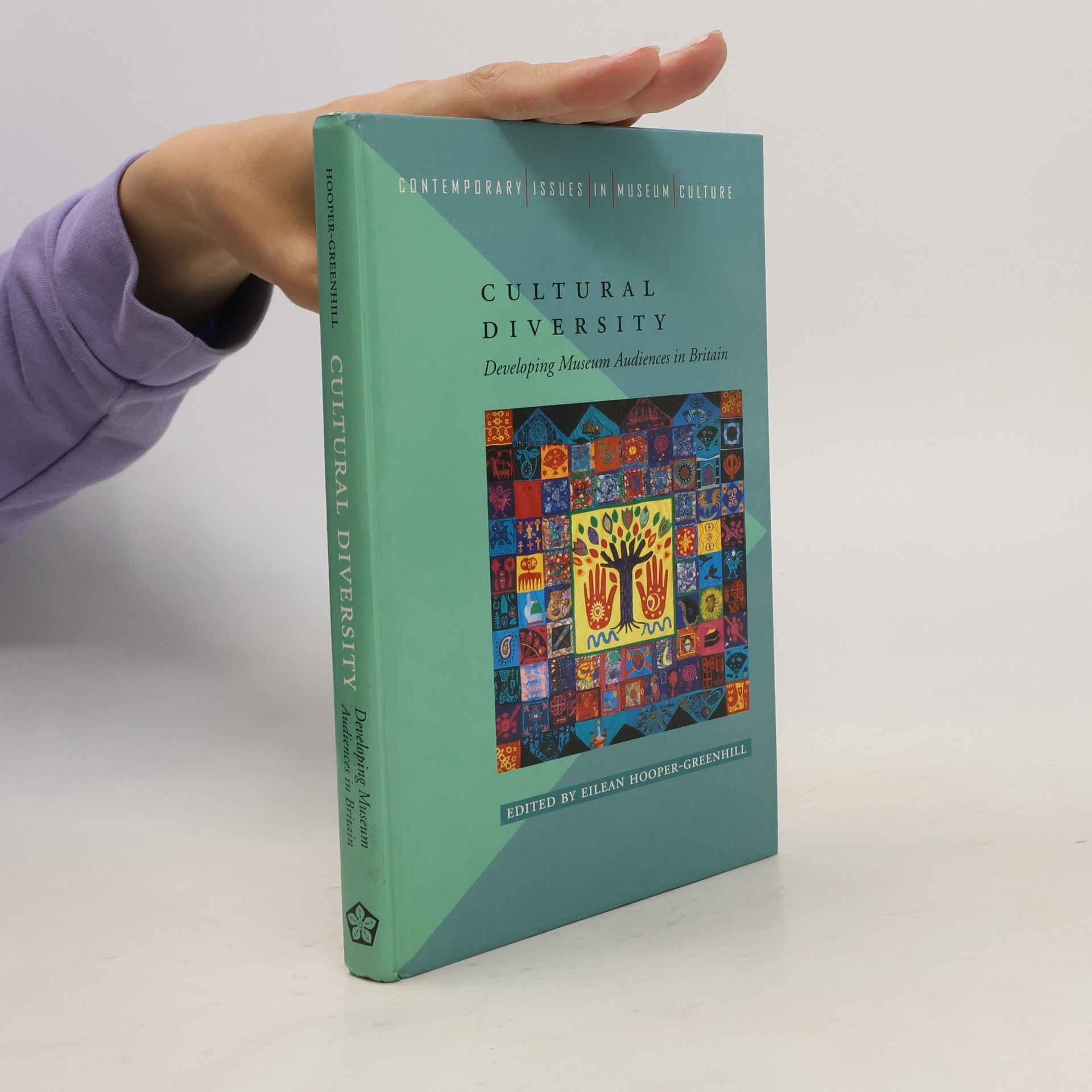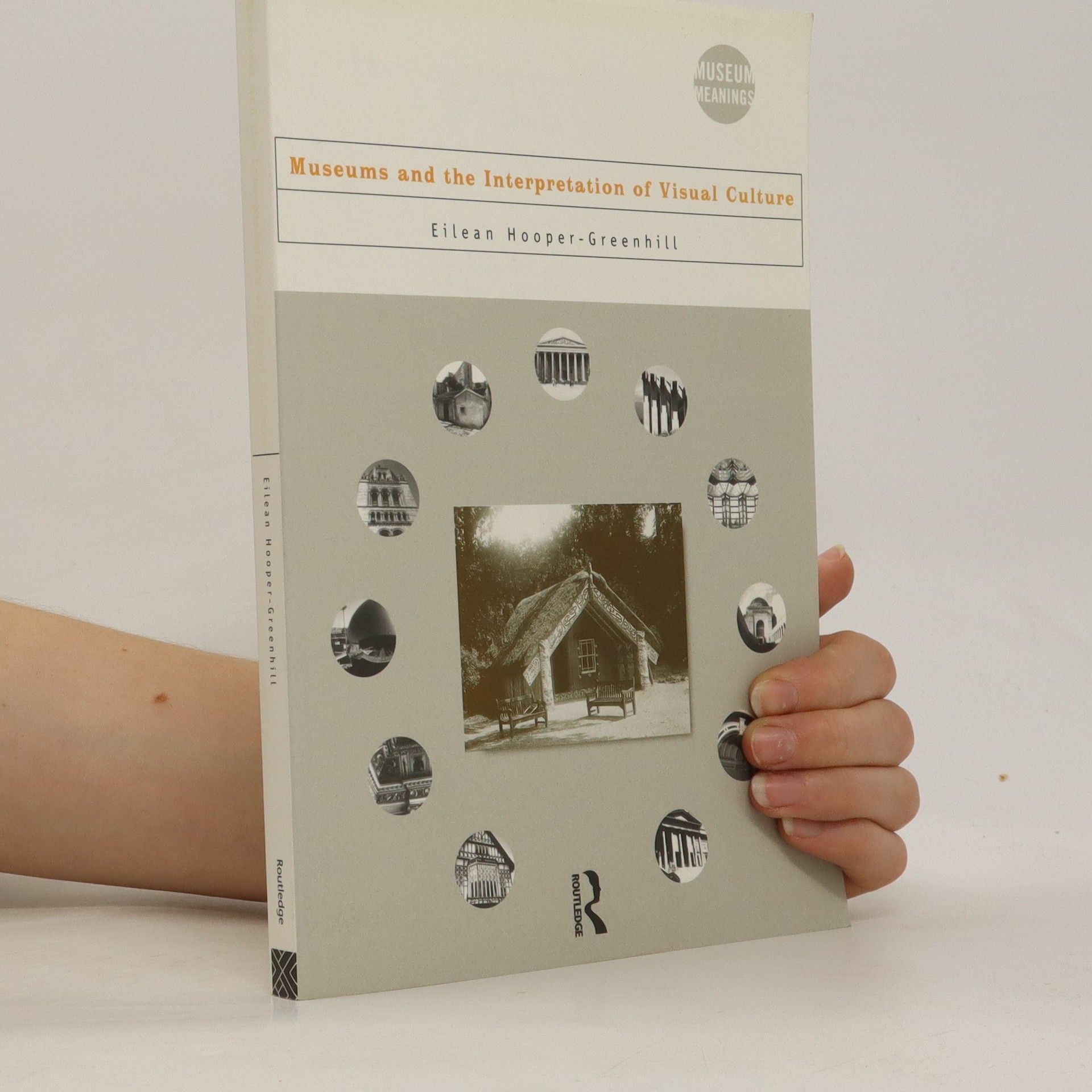The book, first published in 2007, is part of the Routledge imprint, which is known for its scholarly works. It explores significant themes and offers insights relevant to its field, contributing to academic discourse. The publication is backed by Taylor & Francis, a reputable name in the publishing industry, ensuring a high standard of research and scholarship.
Eilean Hooper-Greenhill Ordre des livres (chronologique)




This is a multi-disciplinary study that adopts an innovative and original approach to a highly topical question, that of meaning-making in museums, focusing its attention on pedagogy and visual culture. This work explores such questions as: How and why is it that museums select and arrange artefacts, shape knowledge, construct a view? How do museums produce values? How do active audiences make meaning from what they experience in museums? This stimulating book provokes debate and discussion on these topics and puts forward the idea of a new museum - the post-museum, which will challenge the familiar modernist museum. A must for students and professionals in the field.
Eilean Hooper-Greenhill introduces the issues that need to be addressed in order to reorientate museum philosophies and policies to a multicultural society. The book uses case studies to show how policies are being put into practice.
Museums and Their Visitors
- 224pages
- 8 heures de lecture
Museums are at a critical moment in their history. In order to ensure survival into the next century, museums and galleries must demonstrate their social relevance and use. This means developing their public service functions through becoming more knowledgeable about the needs of their visitors and more adept at providing enjoyable and worthwhile experiences.Museums and Their Visitors aims to help museums and galleries in this crucial task. It examines the ways in which museums need to develop their communicative functions and, with examples of case-studies, explains how to achieve best practice. The special needs of a number of target audiences including schools, families and people with disabilities are outlined and illustrated by examples of exhibition, education and marketing policies. The book looks in detail at the power of objects to inspire and stimulate and analyses the use of language in museums and galleries.This is the first book to be written to guide museum and gallery staff in the development of provision for their visitors. It will be of interest to students of museum, heritage and leisure and tourism studies, as well as to international museum professionals.